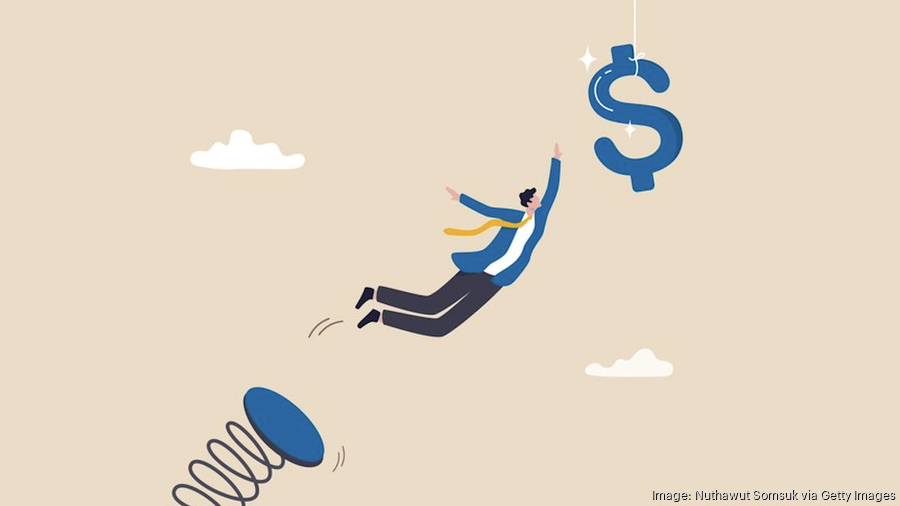
Entrepreneurs across Tampa Bay say they are feeling squeezed by rising costs, tightening capital and new policy hurdles.
Sherrel Sampson, founder of Tampa-based scalp care company Canviiy, said even though her products are manufactured in the U.S., global sourcing complicates the picture.
“A lot of our packaging suppliers source from China, and our raw materials come from all over the world,” Sampson said. “For example, 60% to 70% of the organic sunflower seed oil we use is sourced from Ukraine — so we’re feeling impacts not just from tariffs, but also from war activity.”
Those pressures are extending to Canviiy’s retail partners. After a major Walgreens expansion last year, Canviiy’s in-store presence surpassed 6,000 locations nationwide, including Target, Walmart, CVS and JCPenney.

“As their costs go up — especially for private-label products — it could impact how much they order from independent brands like ours,” Sampson said.
That volatility has forced Canviiy to rethink its entire supply chain strategy.
“We’re asking, ‘Do we order more or less? Do we find additional manufacturers? It’s making us much more creative and proactive,” Sampson said, noting that access to capital is also tightening when many businesses need it most.
Some founders, like those behind St. Petersburg-based furniture startup Haddy, are thriving amid supply chain shifts.
For John Rogers, Haddy’s CEO, it’s a moment he’s been anticipating for years. He’s built his company around a vision for a smarter, faster and more localized approach to manufacturing.
“The world de-globalized almost instantly,” Rogers said. “What that means is there were a lot of calls for ‘make American manufacturing work.’ Here, we’ve been working on it for 15 years.”
Capital support
Recent Small Business Administration policy changes are adding another layer of challenge for startups. New rules restrict SBA loan eligibility to companies that are 100% U.S. citizen-owned — meaning even minor foreign investment, such as a 5% stake from an overseas angel investor, can disqualify a business.
“If even 5% of your company is owned by a foreign angel investor, you’re ineligible for SBA loans — and that’s a huge shift,” Sampson said. “Fighting tariffs is one thing, but if you lose access to capital, especially as a small business, it makes an already tough situation even harder.”
Tampa Bay’s venture capital activity ticked up slightly in Q1 2025 after a slow end to 2024, signaling that a broader rebound remains shaky. According to new data from PitchBook, new tariffs and shifting policies are stirring fresh economic uncertainty, making it harder for investors to navigate the private markets.
“While this may eventually lead to new domestic investment and create opportunities, the overall environment is facing volatility, hesitation and structural change,” Nizar Tarhuni, executive vice president of research and market intelligence at PitchBook, said in a statement.
Creative economy under pressure
Fayven co-founder and CEO April Caldwell echoed the downstream effects on small businesses, particularly those in Tampa’s maker and market scene. Fayven is a Tampa-based tech platform that helps small businesses find temporary retail space for pop-up events. It often works with venues like Hotel Haya, Aloft and Water Street for curated night markets.
“We support a lot of local makers who need access to affordable raw materials to produce their goods, and many of those materials come from overseas,” Caldwell said. “As those costs rise, it’s getting harder for them to price their products competitively while still making a profit.”
Caldwell said some vendors are already reconsidering whether they can continue participating in markets, or if they’ll need to return to full-time jobs to make ends meet.
“People are having to choose between buying groceries and supporting a local artisan — and that’s real,” Caldwell said. “It’s not just about these small luxuries anymore. It’s about whether these local businesses can survive. When dollars stop circulating locally and shift to big box stores, it chips away at the economic ecosystem we’ve been building.”
